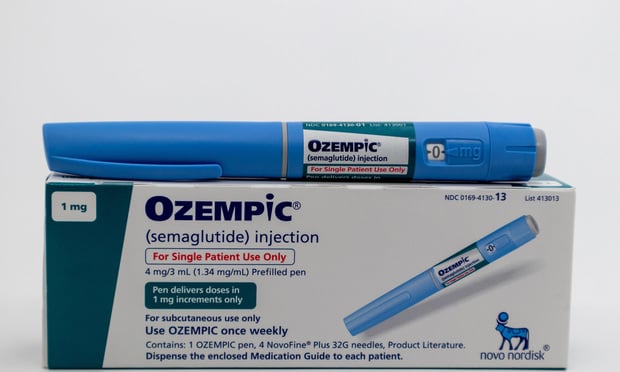Having trouble getting health insurance? You're not alone, according to new data.
Analysis from HealthPocket shows the health insurance industry averages an application rejection rate of 22 percent of submitted individual and family applications nationally.
And some states are much worse: Montana has the highest percentage of area insurer rejections with 45 percent, followed by Alabama (40 percent), District of Columbia (37 percent), Arkansas (35 percent) and Alaska (34 percent). Plus, some insurers have declination rates greater than 70 percent, analysts found.
“Clearly there is great variability across states and within states in terms of how frequently an insurer rejects a health insurance application, but nationally it seems to be occurring more frequently than industry analysts had assumed,” says Kev Coleman, head of research and data at HealthPocket.
For example, Kaiser Permanente plans in Georgia have a declination rate of 34 percent, but in Hawaii the same company has a much lower rate of 22 percent, analysts said.
HealthPocket, a free website that compares and ranks all health plans, analyzed publicly available insurance records of 9,450 plans for individuals and families under the age of 65 to determine the average declination rate of health insurance applications, and compared this average to the declination rate of individual insurers.
Beginning Jan. 1, 2014, under the Patient Protection and Affordable Care Act, insurers are prohibited from discriminating against or charging higher rates for any individuals based on gender or pre-existing medical conditions.
“What is unclear is whether some insurers have increased their declination rate in order to improve risk pool health and profitability prior to 2014, when [the pre-existing provision goes into effect],” Coleman says.
The research called out the plans with the highest declination rates. They are: South Dakota's John Alden Life Insurance Company (73 percent), Utah's Assurant Health (71 percent), North Dakota's Assurant Health (58 percent), Kentucky's Time Insurance Company (56 percent), and Idaho's Assurant Health (56 percent).
Additionally, some non-profit insurance companies have higher declination rates than for-profit insurers, analysts found. Kaiser Permanente in Georgia, for example, has a declination rate of 34 percent while Humana, a large for-profit insurer in Georgia, has a declination rate of 23 percent.
But East Coasters fare the best with their chances of getting health insurance. Maine, Massachusetts, New Jersey, New York and Vermont all have zero declination rates.
Complete your profile to continue reading and get FREE access to BenefitsPRO, part of your ALM digital membership.
Your access to unlimited BenefitsPRO content isn’t changing.
Once you are an ALM digital member, you’ll receive:
- Breaking benefits news and analysis, on-site and via our newsletters and custom alerts
- Educational webcasts, white papers, and ebooks from industry thought leaders
- Critical converage of the property casualty insurance and financial advisory markets on our other ALM sites, PropertyCasualty360 and ThinkAdvisor
Already have an account? Sign In Now
© 2025 ALM Global, LLC, All Rights Reserved. Request academic re-use from www.copyright.com. All other uses, submit a request to [email protected]. For more information visit Asset & Logo Licensing.








